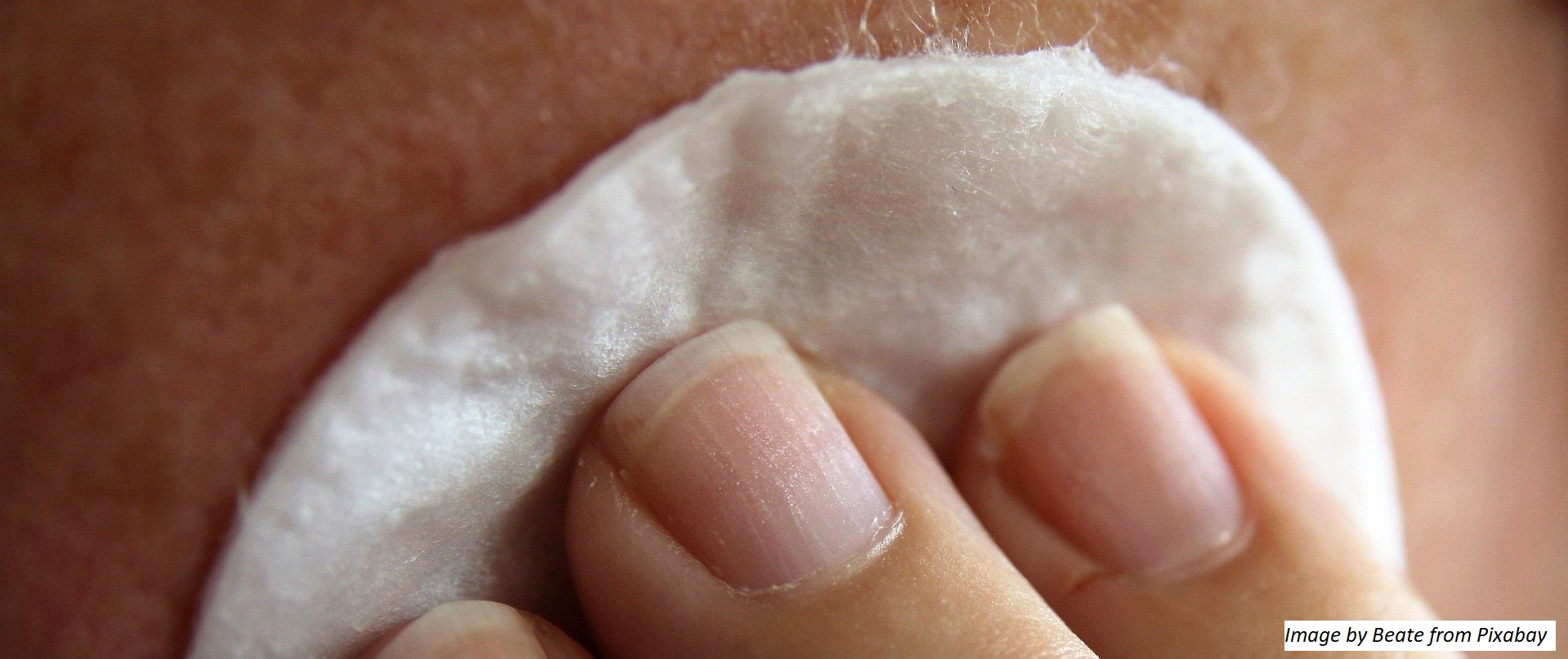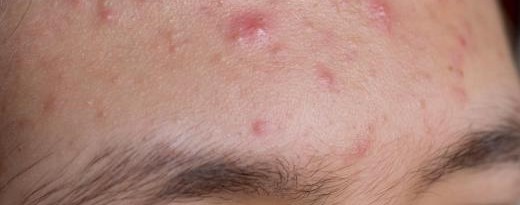At some time in their life, many people experience acne, a common skin ailment. Hormonal changes, inherited traits, and lifestyle choices are just a few of the causes. Although there is no foolproof method to stop acne, there are a number of things you may do to lower your chance of getting it and prevent acne to form.
Skincare program to prevent acne to form
Consistently following a skincare program is one of the most vital things you can do to avoid acne. This should involve twice-daily cleaning using a mild, non-abrasive cleanser made specifically for your skin type. Regular skin exfoliation is also necessary to eliminate dead skin cells and clear clogged pores. A mild scrub or chemical exfoliant can be used for this.
No touching face to prevent acne

A further crucial step in acne prevention is to refrain from touching your face with your hands. Since your hands are smeared in oil and germs, touching your face exposes your skin to these contaminants. Acne outbreaks and blocked pores may result from this.
Pay attention to nutrition intake
It’s crucial to pay attention to your nutrition in addition to following a proper skincare regimen. A diet heavy in processed foods, sweets, and saturated fats might make you more likely to have acne. However, consuming a diet high in fruits, vegetables, and lean protein helps support the health of your skin.
Control stress to prevent acne

Additionally, it’s critical to control stress levels since it raises hormones that might exacerbate acne. Try to find relaxing activities, such as yoga, meditation, or physical activity.
No heavy cosmetics
Avoiding the use of heavy cosmetics and hair products is a crucial step to prevent acne to form. These items may trigger breakouts by clogging pores. If you must use makeup, pick non-comedogenic items designed for skin that is prone to acne.
Consult doctor
Last but not least, it’s crucial to stick to your skincare regimen and contact a doctor if you have recurrent acne. A dermatologist can suggest topical drugs or other therapies to aid with acne, as well as assist you in creating a customized skincare regimen that is catered to your unique requirements.
In conclusion, maintaining proper skincare practices, a nutritious diet, managing stress, and avoiding using a lot of cosmetics and hair products are all necessary for acne prevention. Additionally, it’s critical to stick to your skincare regimen and, if you have recurrent acne, consult a physician. It’s crucial to identify what works best for you because everyone’s skin is unique and what works for one person may not work for another.




